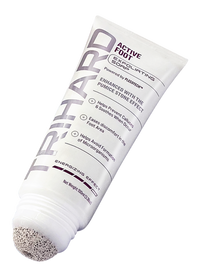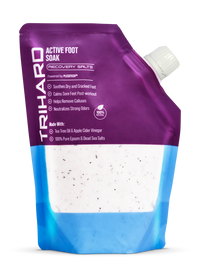Can After-Swim Shampoo Prevent Hair Discoloration?
Swimming is a fun and healthy activity, but it can sometimes lead to hair discoloration. Chlorine and other chemicals in pool water often strip the hair of its natural oils and affect its color. This is where after-swim shampoo comes into play. But can it really prevent hair discoloration? Let’s dive in and find out!
What Causes Hair Discoloration?
Understanding the enemy is the first step towards prevention. Pool water contains chlorine and other chemicals that can interact with your hair’s natural pigments, leading to fading or discoloration.
Chlorine strips your hair of its natural oils, leaving it dry and unprotected. This drying effect makes hair more susceptible to environmental damage and color changes. Moreover, the presence of metals such as copper in pool water contributes significantly to discoloration. According to a report by Madison-Reed on Why Hair Turns Green, copper oxidizes upon contact with chlorine, resulting in that notorious green hue, especially in lighter hair colors.
It’s not just chlorine; the mineral content of water can also play a role. Hard metals like iron and manganese are oxidized by chlorine and deposited on your hair, giving it an unsightly tint. But is there a solution? That’s where after-swim shampoos come into play, designed to combat these persistent pool chemicals.
How Does After-Swim Shampoo Help?
After-swim shampoos are specially formulated to remove chlorine and other residues from your hair. They cleanse buildup and help restore your hair’s natural balance, which can help reduce and manage color changes.
Using an after-swim shampoo can be beneficial in maintaining your hair’s color because it contains ingredients that target the removal of not just chlorine, but also hard metals like copper and iron. Our Swimmers Shampoo at TRIHARD is designed specifically with this in mind. It uses PLECOTECH, a mix of natural compounds including red algae, to deeply cleanse and revitalize your hair after a swim.
Moreover, after-swim shampoos often include conditioning agents that help replenish your hair’s moisture. This dual action of cleansing and conditioning helps in reducing the porosity of hair strands, making them less likely to absorb harmful chemicals and thus retain color better over time.
Choosing the Right After-Swim Shampoo
Not all after-swim shampoos are created equal. Look for ones with natural ingredients that nourish and protect your hair, and avoid those with harsh sulfates that can contribute to dryness and damage.
Consider shampoos that have hydrating oils such as argan or jojoba oil and other soothing ingredients like aloe vera, which can combat dryness effectively. Our Swimmers Shampoo in its Classic and Extra Boost versions are formulated with botanical extracts and Dead Sea minerals to target and neutralize chlorine while keeping your scalp moisturized.
Additional Tips to Protect Your Hair
Consider using a swim cap, applying a leave-in conditioner, or rinsing your hair with fresh water before swimming. These steps, in combination with after-swim shampoo, can further prevent discoloration.
Another effective strategy is to soak your hair with non-chlorinated water before entering the pool. This reduces the amount of chlorinated water your hair absorbs, acting as a shield against chemical penetration. For extra protection, using a pre-swim conditioner can help form a barrier on your hair strands, reducing the absorption of harmful chemicals.
Incorporating a deep conditioning treatment weekly can also mitigate the drying effects of chlorine and copper. Treatments that include ingredients like keratin can help restore hair strength and shine, making management of hair discoloration easier following regular swim activities.
The Colorful Solution
In conclusion, while after-swim shampoos can’t completely prevent hair discoloration, they do offer a helpful solution by rinsing away chemicals and restoring moisture to your hair. To maintain your hair’s natural color, using such shampoos along with other preventative measures, like applying leave-in conditioners or wearing swim caps, can be very beneficial.
































Leave a comment